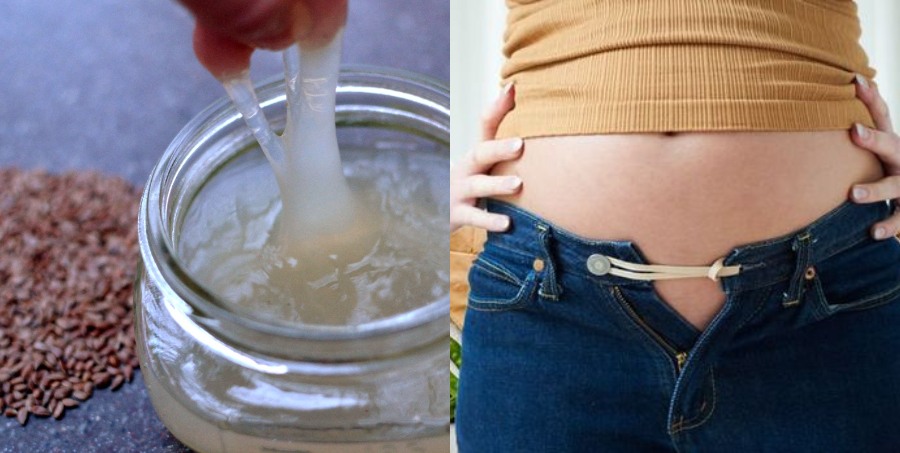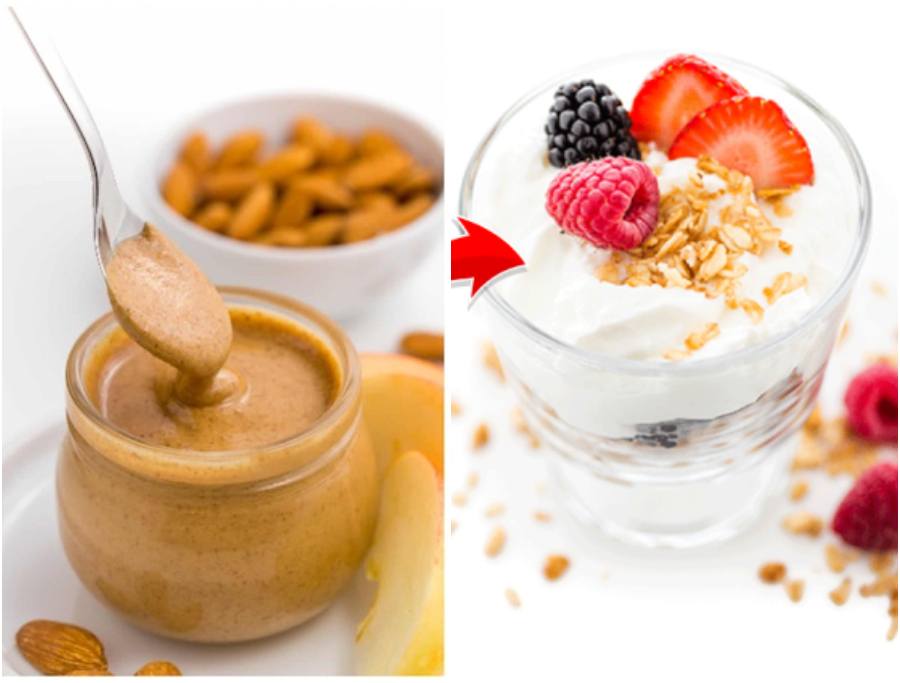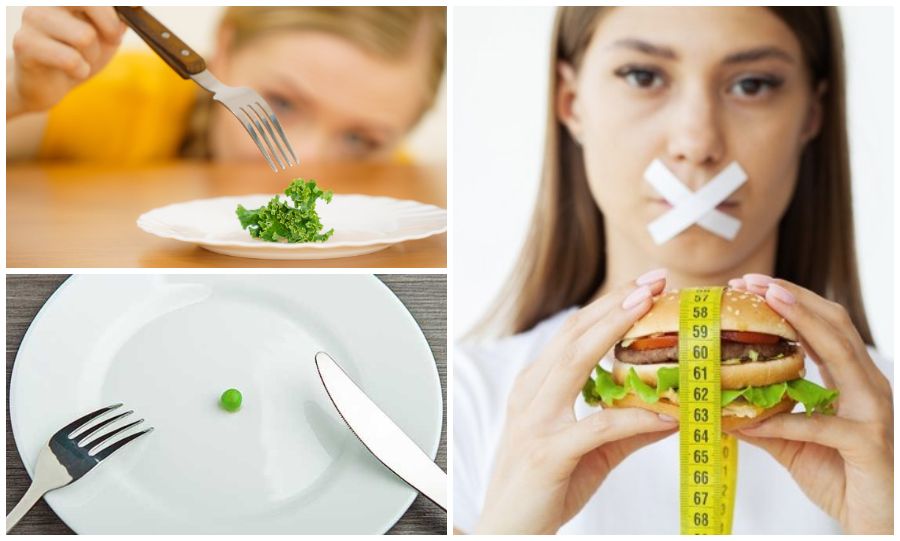It is not a surprising thing that an alarming percentage of Indian women is getting diagnosed with PCOD or PCOS (Polycystic Ovarian Disease/Polycystic Ovarian Syndrome), which is a more of a lifestyle disorder than a hormonal one because people living in urban areas are more affected than those who live in rural areas. PCOD affects the young population of women who are in their reproductive age (16 to 40 approximately). In Polycystic Ovarian Syndrome, women develop cysts in their ovaries with low levels of female hormones and a rise in male hormones, such as androgen. High levels of androgen or male hormones prevent the release of eggs from ovaries, leading to the formation of cysts. Women suffering from PCOD usually have insulin resistance and fall into the pre-diabetic category if they do not take corrective measures at the correct time. Women who suffer from PCOD also show signs of excessive facial hair growth, obesity, infertility, and acne. PCOD is a trigger for many morbid disorders like diabetes, heart disease, infertility, and many other diseases. In this post, we will discuss and list out the best food items to control PCOD condition and tackle the effects of the symptoms associated with this syndrome. A PCOD-friendly diet will help you from falling prey to diabetes later in life too, so let’s get started now:


What are the Common Symptoms of PCOD:
These are some of the common symptoms of PCOD:
- Infertility.
- Irregular menstrual cycle.
- Excessive facial hair growth (hirsutism).
- Unexplained hair loss.
- Acne.
How Food Affects PCOD Symptoms:

Food is directly related to PCOD and food can directly impact the severity of this disorder. Food items with a high glycemic index (which triggers insulin levels) can make this condition worse. A high-carb diet will trigger insulin spikes and ultimately lead to fat storage. For women who have PCOD, eating a high-protein diet will not only help to reduce appetite, it would lower insulin spikes and keep body weight also in check. Our body digests foods with low glycemic index slowly and does not cause a sudden rise in insulin levels. On the other hand, foods with a high glycemic index, such as white rice and white bread, cause a sharp rise in insulin levels, leading to new fat cell creation and weight gain eventually, making PCOD symptoms worse.
Diet Rules for PCOD:
- Avoid refined and processed foods completely.
- Skip white sugar and table salt completely.
- No refined flour or whole-purpose flour.
- Avoid fried food and white bread.
- Corn, corn syrup, artificial sweeteners and colors are a complete no-no.
- Saturated fat and trans-fat food items should be completely avoided.
- Junk food, processed food is also not suitable for PCOD.
- Avoid alcohol.
- Eat gluten-free items like oatmeal, brown rice, kodo millet, quinoa, foxtail millet, amaranth seeds (rajgira).
- Eat lots of salads with cucumbers, tomatoes, lettuce, etc.
- Eat a high-protein and low-carb diet.
Foods with High Glycemic Index that should be avoided:
- Pizza.
- Chocolates.
- Cupcakes.
- Popcorn.
- Cola.
- Doughnuts.
- White rice.
- Spaghetti.
- Sweet potatoes.
- White bread.
- Pancakes.
- Wheat bread.
- Potatoes.
- Muesli.
- Pineapple.
- Mango.
Foods with Low Glycemic Index that should be included in PCOD Diet:
- Rice bran.
- Bran cereal.
- Broccoli.
- Celery.
- Cucumber
- Lettuce.
- Bell peppers.
- Capsicum.
- Spinach.
- Tomatoes.
- Chickpeas.
- Carrots.
- Grapefruit.
- Apple.
Best Foods for PCOD:
Here’s the list of food items that are best suited for women who suffer from PCOD, to keep insulin spikes in check, and to provide proper nourishment and nutrition to the body. Most of these food items are low carb or are complex carbohydrates and would not shoot up insulin production drastically, keeping a check on PCOD condition.
- Whole grain.
- Green leafy vegetables.
- Cherries.
- Apples.
- Pear.
- Strawberries.
- Coconut.
- Spinach.
- Eggs.
- Broccoli.
- Cabbage.
- Spring onions.
- Dragon fruit.
- Asparagus.
- Chicken.
- Fish.
- Avocado.
- Brussel sprouts.
- Cauliflower.
- Chickpea.
- cucumber.
- Eggplant/brinjal.
- Garlic.
- Ginger.
- Kale.
- Lettuce.
- Mushrooms.
- Radish.
- Turnip.
- Zucchini.
- Beetroot.
- Carrots.
- Onion.
- Pumpkin.
- Sweet potatoes.
- Tomatoes.
- Avocado oil.
- Butter.
- Coconut oil.
- Ghee.
- Olive oil.
- Almonds.
- Chia seeds.
- Flaxseeds.
- Hazelnut.
- Macadamia nuts.
- Peanuts.
- Pumpkin seeds.
- Sunflower seeds.
- Walnuts.
- Raspberries/blackberries.
- Cranberries.
- Lentils.
- Legumes such as kidney beans.
- Lemon.
- Almond milk.
- Coconut water.
- Coffee.
- Kambucha.
- Green tea.
- Cheese.
- Greek yogurt.
- Almond flour.
- Arrowroot flour.
- oat fiber.
- Rolled oats.
- Pysllium husk.
- Whey protein.
- Apple cider vinegar.
- Erythritol.
- Honey.
- Maple syrup.
- Stevia.
- Chicken.
- Homemade mayonnaise.





